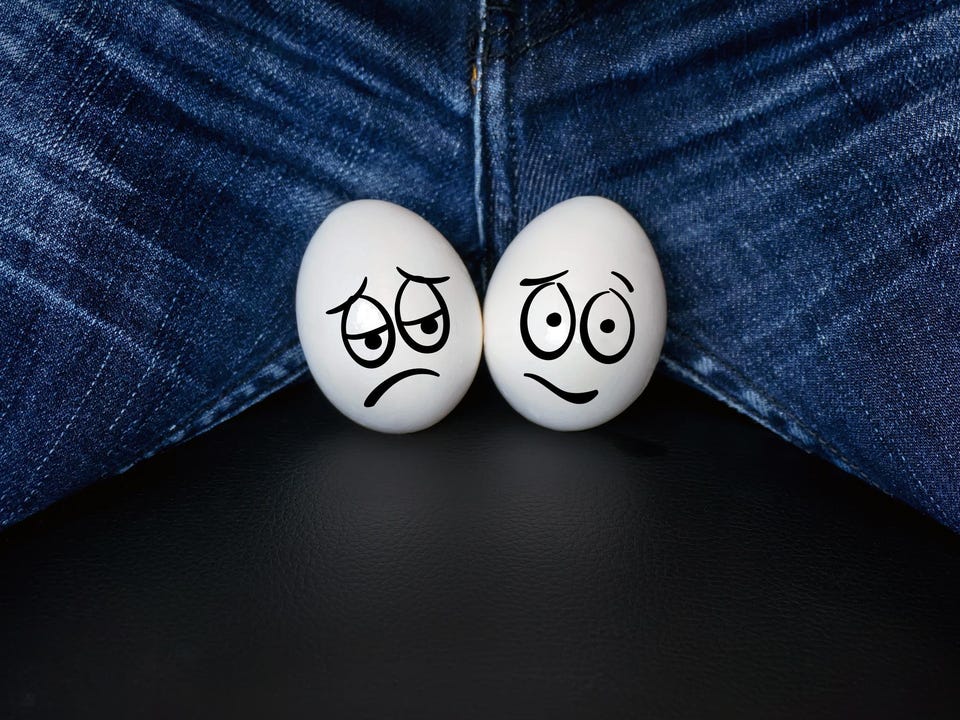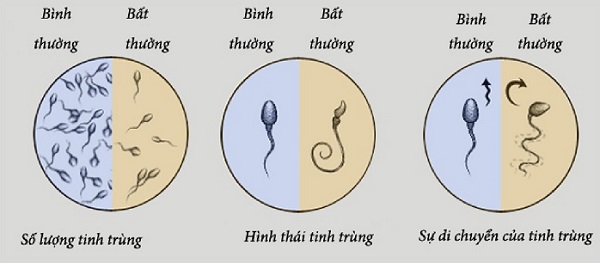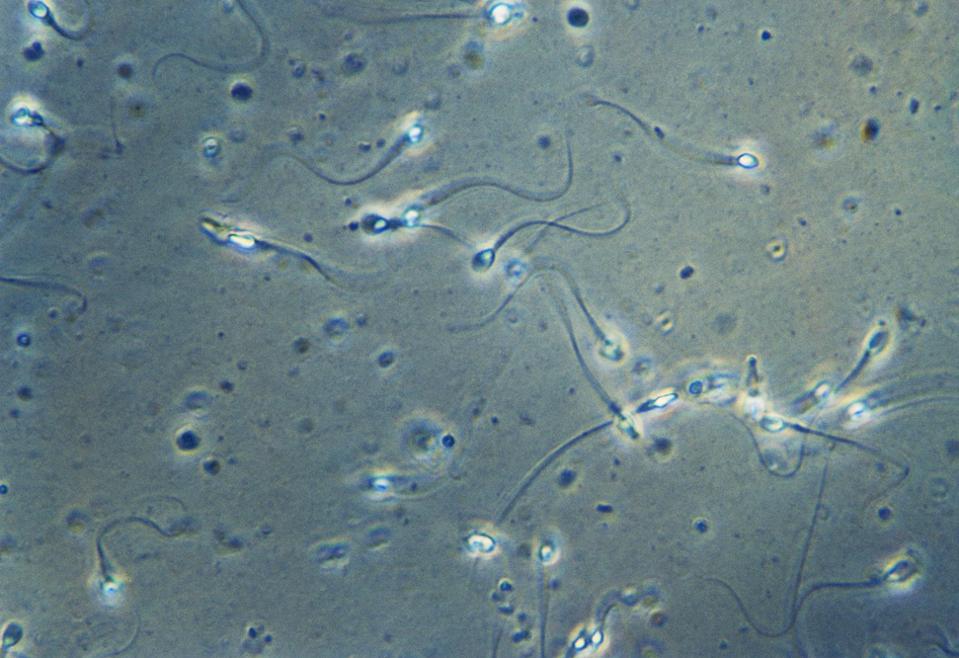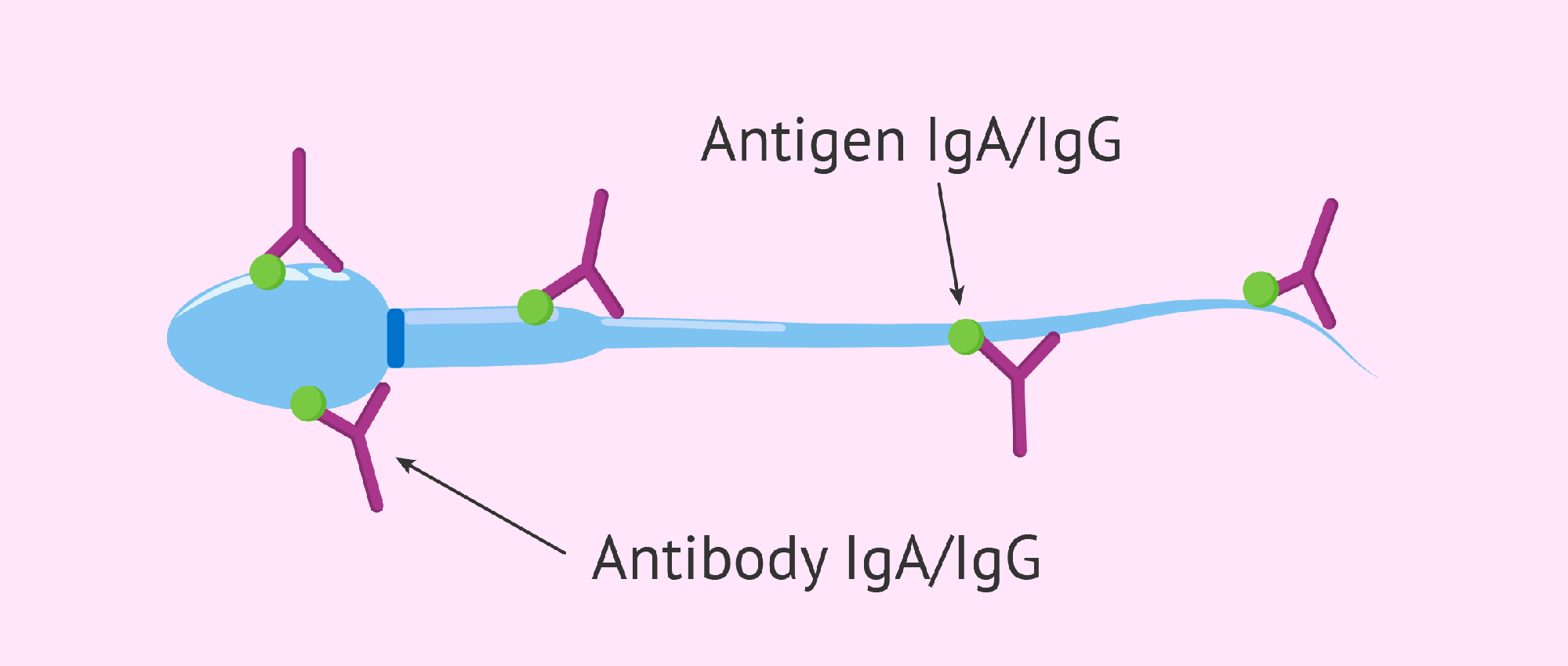A study just published in the journal Fertility and Sterility found that being infected with COVID-19 can reduce both the quantity and quality of a man’s sperm. One in three men who contract COVID-19 after recovering from the disease suffer from the condition, even if they are mildly infected, healthy, and young.
The researchers drew their conclusions after following 120 men in Belgium who were infected with the SARS-CoV-2 virus for more than two months after they recovered and tested negative.
The results showed that 60% of the men in these patients had reduced sperm motility in the first month of recovery. 37% of men continued to suffer that damage until the 2nd month and 28% of men still had reduced sperm quality even after more than 2 months of recovery.

In terms of sperm count, there was also a decrease in 37% of men who recovered from the disease for less than 1 month, 29% of those who were cured for less than 2 months, and 6% of those who had recovered from the disease for more than 2 months.
The study authors note that sperm count and motility may continue to decline for much longer in men with COVID-19. They will continue to monitor these people and update the results when new figures are available in the near future.
“We estimate the recovery time could be 3 months. But further studies are underway to confirm this and determine if permanent damage occurs in a small number of men infected with COVID-19.“, the study results write.
Sperm of some COVID-19 patients do not meet WHO standards even though they have recovered from the disease
As we all know, sperm count and motility are two factors that determine the ability to conceive, or in other words, male fertility. Low sperm count and low sperm motility can cause male infertility.
“Couples wishing to become pregnant should be warned that men’s sperm quality after COVID-19 infection may be suboptimal.“, the study wrote.
Optimal levels are defined here as the sperm standards established by the World Health Organization (WHO). Specifically, these parameters include: must have at least 39 million sperm in each ejaculation, sperm concentration must be above 15 million/ml of semen, must have more than 58% live sperm (i.e. cell membrane) intact), at least 40% of spermatozoa were motile or 32% were able to swim forward, at least 4% of spermatozoa were in good shape.
If your semen test meets this standard, it means you are in normal reproductive health. But a study that followed men with COVID-19 after 2 months found that there were still people with substandard values.

Before you say, “oh but COVID-19 only really affects older people“, remember that most of the men in this study were quite young. Their average age was 34.7 years old with a range of 18 to 69 years.
Most of the participants were relatively healthy. Only 16 had underlying medical conditions that put them at greater risk of severe COVID-19. Eight of the study participants reported having fertility problems prior to the study.
Most of these men also did not have a severe COVID-19 infection. Only 5 of them were hospitalized. 2 people had to go to the intensive care unit (ICU). A person is actually on a ventilator.
Why do men’s sperm decline after contracting COVID-19?
Scientists initially thought that COVID-19, like previous viral illnesses, caused men to develop fevers. Prolonged hyperthermia has been known to decrease sperm count and quality.
However, research results show that even in men with COVID-19 who have no symptoms of fever, their sperm count and quality are impaired. There is no evidence that a more severe COVID-19 infection will result in more severe sperm decline and vice versa.
“This suggests that there must be mechanisms other than fever that affect how COVID-19 damages the sperm of men who contract it.”, the researchers said.

To find out what that cause was, they did tests for anti-sperm antibodies in the semen of people with COVID-19 after recovering from the disease.
Anti-sperm antibody status occurs when the immune system is overactive and mistakes sperm in semen for an invading pathogen. As a result, the antibody attacks or tries to inactivate the male sperm.
Test results from the study actually showed that many men who recovered from COVID-19 had two antibodies, IgA and IgG, attached to the tails of their sperm. At least 14 people in the study had 10-40% of their sperm attached to antibodies, enough to cause damage to fertility.
One person even has antibodies attached to over 40% of sperm. The number actually left him with a condition known as immune-induced infertility, the researchers said.

Anti-sperm antibodies can affect male reproductive health after COVID-19.
The most positive signal from this study came from the fact that scientists did not find evidence that the SARS-CoV-2 virus was able to cross the blood-testicular barrier during the non-acute stage of the disease.
This means that the virus cannot appear in semen and be transmitted sexually. This finding dispels previous concerns that the SARS-CoV-2 virus could enter the testes through the ACE-2 receptors as they did the lungs.
The researchers also found no effect of COVID-19 on sperm morphology. That means the disease does not seem to produce malformed sperm.
Consult Sciencedirect, Webmd, Oxfordmedicine
.
